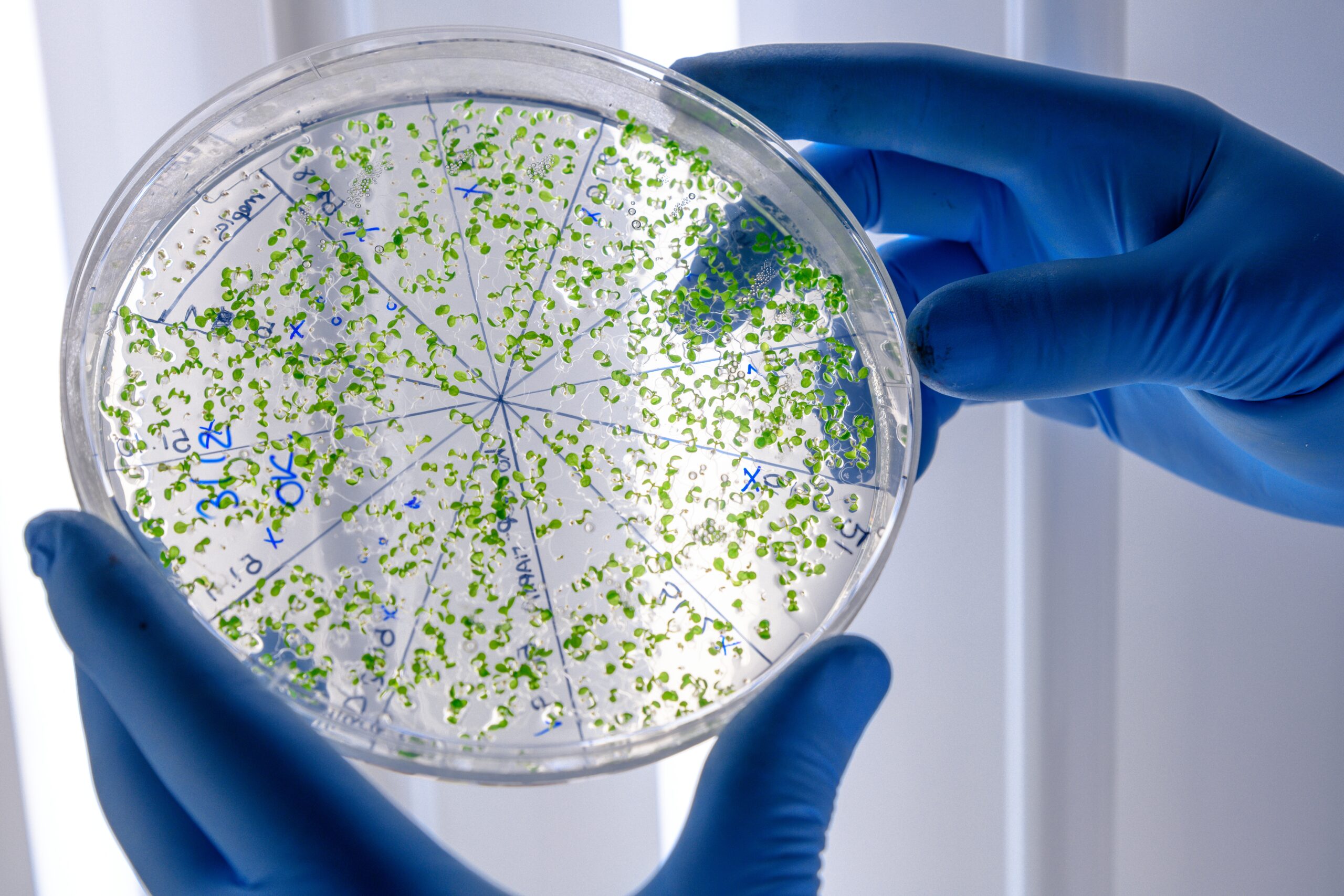


Exosomes are nanosized vesicles (30–150 nanometers) secreted by cells. They contain proteins, lipids, DNA fragments, RNA, and microRNA, playing a crucial role in intercellular communication. They are responsible for many of the therapeutic effects attributed to mesenchymal stem cells.

Natural Communication
Safe Solution
Exosomes are emerging as an alternative to cell-based therapies, with applications in:
01
Accelerating tissue repair and regeneration.
02
Supporting vascular repair and circulation.
03
Providing neuroprotective effects.
03
Regulating and balancing immune responses.
03
Enhancing cellular rejuvenation for youthful appearance.
Exosomes provide the benefits of stem cell therapy without the need for direct cell transplantation.

The production of exosomes follows a precise laboratory workflow to ensure purity and biological activity.

Exosomes are set to play a significant role in the future of regenerative medicine. As a cell-free approach, they pave the way for safer, standardized, and personalized therapies. When combined with gene-editing technologies, they could become the foundation of next-generation targeted biological treatments.
Exosomes are nanosized vesicles secreted by cells, carrying proteins, lipids, and genetic materials.
They are typically derived from mesenchymal stem cells and isolated from the culture medium using specialized laboratory methods.
Exosomes are used in wound healing, cardiovascular diseases, neurological disorders, immune modulation, and aesthetic/anti-aging applications.
As a cell-free therapy, exosomes have a lower risk of immune response and are generally considered safe.
They provide the therapeutic benefits of stem cells without direct cell transplantation, with easier storage and transport.
Exosomes can support tissue repair and regeneration, though outcomes may vary depending on the patient and treatment area.

Neurodigigen Founded in early 2024 by managing partners experienced in Neuromodulation and
Neuroscience, with a broad network of healthcare
institutions and professionals across Turkey and
Azerbaijan.
Biruni Teknopark Kazlıçeşme, Zeytinburnu/İstanbul
*Get the latest updates, health tips, and exclusive offers straight to you.
Copyright © 2025 All Rights Reserved.
WhatsApp us